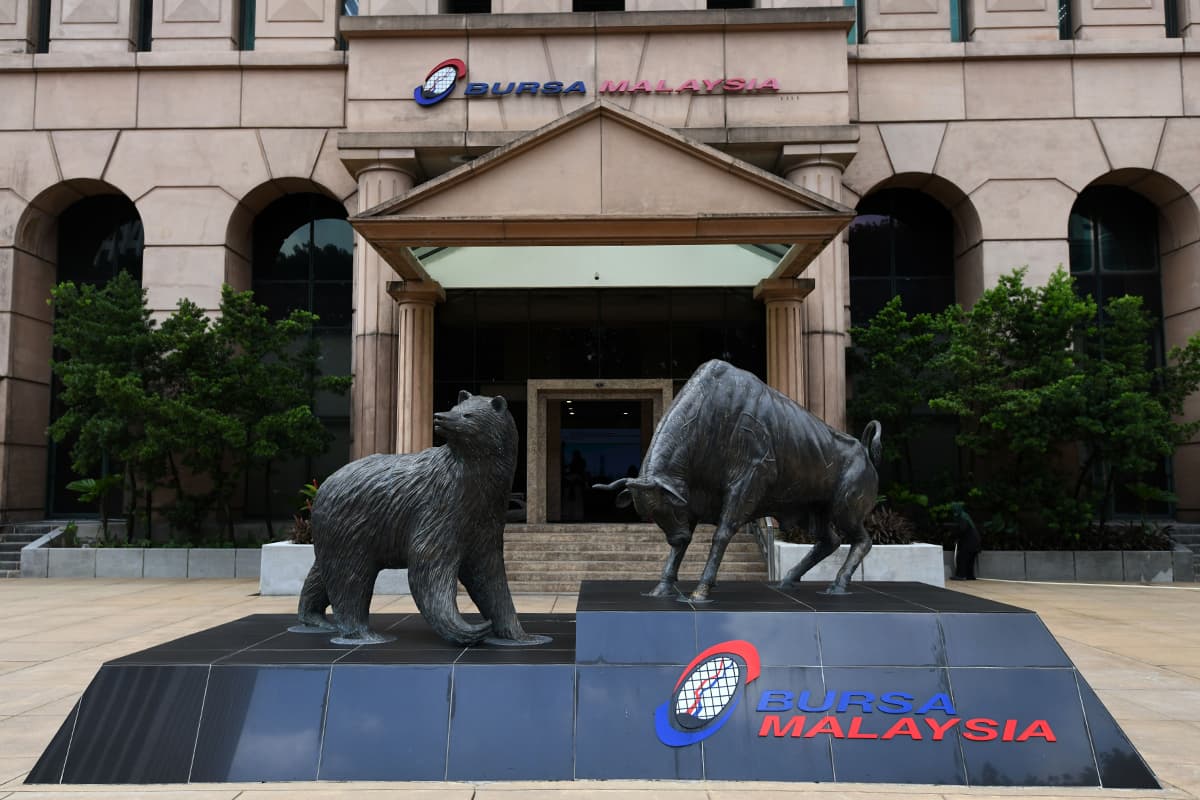
MUMBAI (Oct 3): Bursa Malaysia Derivatives Exchange (BMD), known for offering the most liquid crude palm oil futures in the world, is planning to launch soyoil futures in the first quarter of the next year, a senior exchange official said.
The exchange has been working on finalising the contract specifications, which will be completed this year before the contract’s launch in early 2024, said Mohd Saleem, director, derivatives market at Bursa Malaysia.
“There’s a lot of trading between palm oil and soybean oil. This will probably synergise a lot more hedging under one roof,” he said.
Currently, Chicago Mercantile Exchange (CME Group), which merged with the Chicago Board of Trade (CBOT), offers the most liquid soyoil futures contract that is used by the industry as a benchmark.
Price movements in palm oil, soyoil, sunflower oil and rapeseed oil depend on the price trends of other competing edible oils.
Currently, traders and refiners hedge their risk in various edible oils on different exchange platforms.
The BMD would first launch soyoil contract and later could launch contracts for other edible oils such as sunflower oil, he said.
Indonesia and Malaysia are leading exporters of palm oil. Argentina, Brazil and the US are key exporters of soyoil, while Russia and Ukraine corner the bulk of the sunflower oil shipments.
The BMD can attract participants who trade in the soybean oil and palm oil price spread and prefer contracts in ringgits, said Sandeep Bajoria, chief executive of Sunvin Group, a Mumbai-based vegetable oil brokerage and consultancy firm.
“Soyoil contracts on CBOT and Dalian Commodity Exchange are highly liquid. It won’t be easy for the BMD to attract a large volume,” he said.
India’s move to halt futures trade in palm oil and soyoil has been prompting more Indian traders to hedge their risk on the BMD, he added.
India, the world’s biggest importer of edible oils, in December 2021 suspended trading in derivative contracts of key farm commodities.
Palm oil trade volume on the BMD surged in the past three years due to volatility caused by conflict between Russia and Ukraine, Indonesia’s move to curb exports and changes made by India in the duty structure, Saleem said.
Volumes have now returned to normal levels, but they are still higher than the pre-Covid-19 levels, he said.
Source : The Edge Markets

